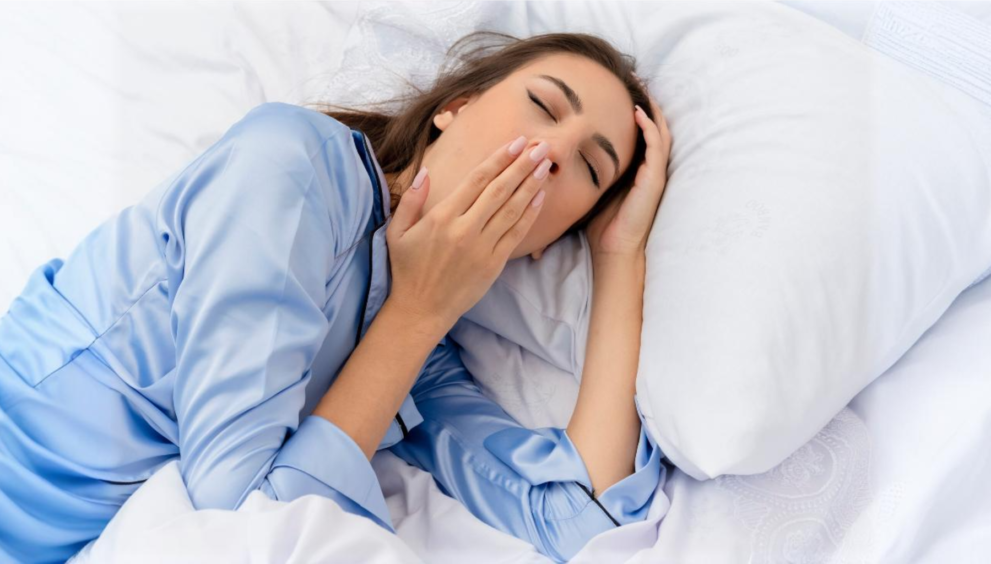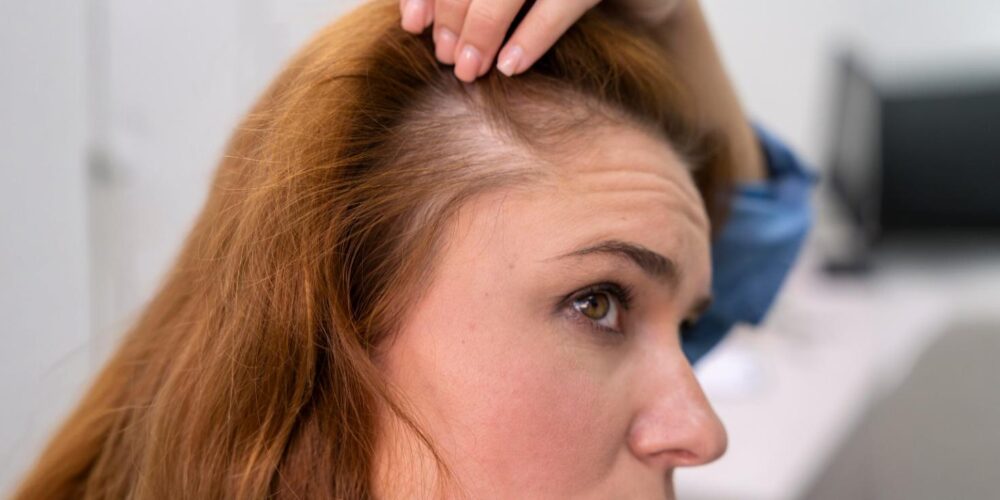Fact Check: Does loud snoring signal restful sleep?
Regular snoring occurs when breathing is obstructed during sleep due to weak throat muscles, extra tissue, or a long soft palate or uvula
Author
Author
- admin / 1 year

- 0
- 4 min read

Author
CLAIM:
Loud snoring is a deep and restful sleep
FACT:
No, it could signal serious breathing issues
The quality of one’s sleep is contingent on many factors such as ageing, depression, medications, and circadian rhythm disorders. There’s an anecdotal account that snoring indicates a deep and restful sleep. However, medical evidence doesn’t support this. All snoring is not bad. When snoring happens occasionally, it may not be a cause of concern—an estimated 45% adults snore occasionally and 25% snore regularly. A consistent, loud snoring could necessitate a visit to a doctor and possibly a medical intervention.
The human brain alternates between two sleep cycles—REM (Rapid Eye Movement) and non-rapid eye movement (NREM) – about 4 to 5 times. Each sleep cycle lasts for about 90 minutes. Sleep comprises four stages from drowsiness to deep sleep. The first three stages fall under non-REM, while the fourth REM represents the deepest part of the cycle. The second stage, the longest, is when most snoring occurs.
What causes snoring?
Snoring results from a fluttering of soft tissues in the Nasopharynx (the upper part of one’s throat). Regular snoring indicates obstructed breathing, which may be result of a poor muscle tone, bulky throat tissue, a long soft palate (the roof of the mouth) or Uvula (the soft flap of tissue that hangs down the back of the mouth).
In addition, health issues such as a nasal congestion, nasal polyps (non-cancerous growths in the nose), or a deviated septum (the division in between the two nostrils) may also foment snoring.
Sleep Apnea
The regular, loud snoring could indicate sleep apnea—a disorder in which breathing stops and starts during sleep. In sleep apnea, the body does not receive adequate intake of oxygen. This lowers the amount of oxygen in the blood causing the heart to work harder. This could result in excessive daytime sleepiness.
There are two types of sleep apnea—obstructive sleep apnea (OSA) and central sleep apnea (CSA). In the former, sleep is obstructed due to throat muscles that relax and obstruct the passage of air, while in the latter the signals from the brain to the muscles are disrupted, which then interrupt the patient’s breathing. Consequently, the body and the brain do not receive a normal supply of oxygen during sleep. Diagnosing the type of sleep apnea requires a thorough evaluation of the patient’s condition by healthcare providers in a sleep lab.
Expert Speak: Bhimasena Rao, Senior Consultant Pulmonology at Fortis Group of Hospitals, told First Check that snoring, no matter how light or loud, is a sign of sleep obstruction.
“If snoring occurs in the REM stage, it lasts for approximately 5 minutes, as opposed to the ideal 90 to 120 minutes requirement. The individual’s sleep is then disrupted, a condition termed REM destruction. When this happens, the individual is deprived of restful sleep due to the extremely short-lived REM. REM destruction when accompanied by choking signals sleep apnea,” Dr Rao said.
Dr Rao clarified that it was factually correct that most snoring happens in the REM stage of one’s sleep. “Since one’s muscles are extremely relaxed, as good as paralyzed, and so are most prone to fluttering with the passage of air, when one breathes, creating a loud noise, known to us as snoring,” Rao explained.
“Since REM is also the stage when one gets deepest sleep, the layman has, since long, confused loud snoring as REM sleep and therefore deep and restful sleep,” he added, cautioning that this was far from the truth.
Not all snoring is thus a reflection of an underlying health condition. Neither does it indicate a restful sleep. Occasional snoring is harmless, albeit a sign of sleep obstruction. However, consistent and loud snoring requires careful examination by a sleep specialist. If left unchecked, conditions such as obstructive sleep apnea could lead to high blood pressure, stroke, heart failure among other cardiac concerns.
Also read: Fact-check: The connection between sleep and feeling young – First Check
(Do you have a health-related claim that you would like us to fact-check? Send it to us, and we will fact-check it for you! You can send it on WhatsApp at +91-9311223141, mail us at hello@firstcheck.in, or click here to submit it online)









